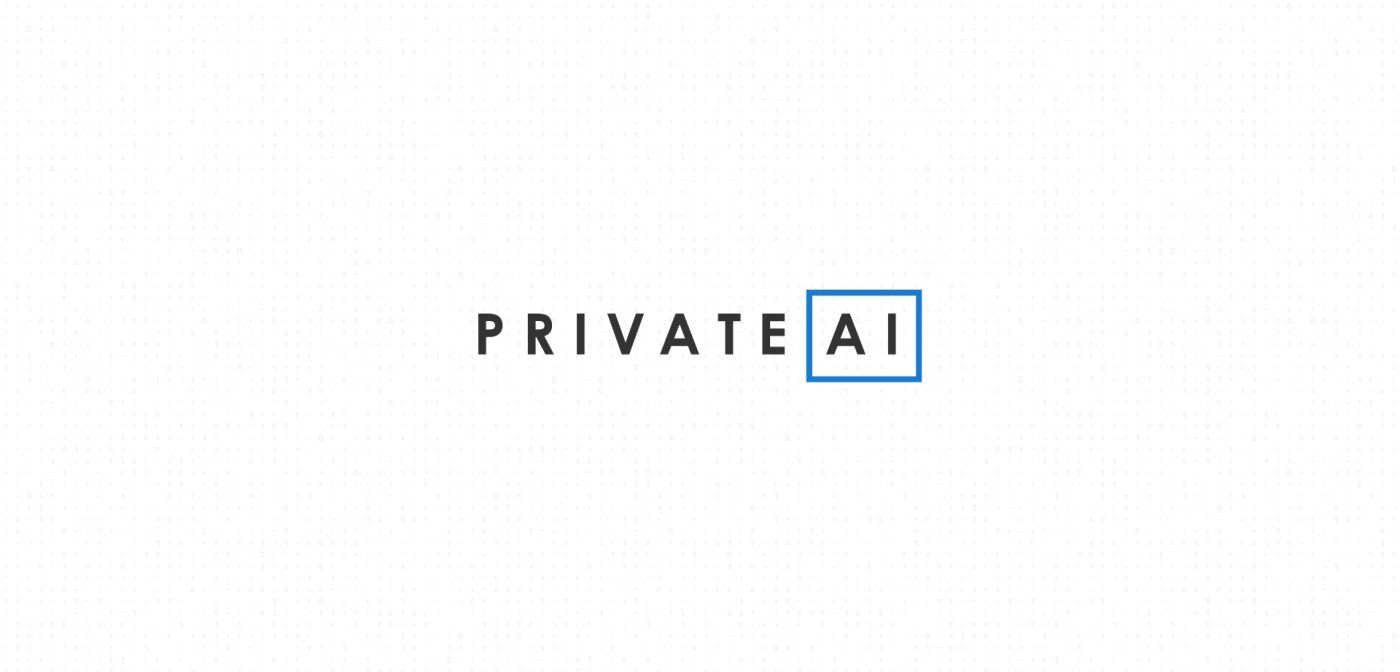Quick Answer
- ProtonMail: Best overall choice with Swiss privacy laws and free 1GB plan
- Tuta (Tutanota): Encrypts subject lines too, German engineering, €3/month
- Guerrilla Mail: Best temporary email, no signup needed, 1-hour expiry
- StartMail: Premium Dutch provider with unlimited aliases, $35/year
- CounterMail: Ultra-secure with diskless servers, $49/year
Understanding Email Anonymity Levels
Temporary Email Services like Guerrilla Mail give you instant throwaway addresses. Perfect for one-time signups or avoiding spam, but messages disappear after an hour. These work great when you need quick verification codes or want to download something without giving your real email.
Permanent Anonymous Services like ProtonMail let you create long-term encrypted accounts without phone numbers. Your messages stay private from the provider itself through zero-access encryption. Think of it as a safety deposit box where only you have the key.
Ultra-Private Setups combine anonymous email with Tor browsers and VPN connections. This setup hides your location while creating accounts and sending messages.
Top Anonymous Email Providers
ProtonMail – Swiss Privacy Protection
ProtonMail dominates the secure email space for good reason. Based in Switzerland with strong privacy laws, they can’t access your encrypted messages even if courts demand them. The free plan includes 1GB storage and 150 messages daily – plenty for most users.
Their zero-access encryption means ProtonMail employees literally cannot read your emails. ProtonMail has a clean interface and works on all devices via web browsers and mobile apps.
Pros: Free plan available, established reputation, ecosystem with VPN and calendar
Cons: Limited free features, premium plans go for $4.99/month
Tuta (Tutanota) – German Security Engineering
Tuta takes encryption further than most competitors. While ProtonMail leaves subject lines unencrypted, Tuta encrypts everything including headers and contacts.
The German company avoids all Google services and tracking systems. Free accounts get 1GB storage with unlimited messages. Premium plans start at just €3 monthly, making Tuta one of the most affordable secure options.
Pros: Encrypts more data, affordable pricing, desktop apps available
Cons: Proprietary encryption limits compatibility, smaller user base
Guerrilla Mail – Ultimate Throwaway Service
Guerrilla Mail offers temporary email access. You can instantly get a random address like abc123@guerrillamail.com. There’s no signup, no passwords, no tracking. Messages disappear after one hour unless you extend the timer.
The service works for website registrations and email verification. You can even send outbound messages.
Pros: Instant access, no signup required, completely disposable
Cons: Messages disappear quickly, limited to temporary use only
StartMail – Privacy-First Dutch Service
StartMail comes from the team behind Startpage search engine. This Dutch provider emphasizes simplicity while maintaining strong privacy protections. Their $35 yearly fee includes 20GB storage and unlimited email aliases.
The service integrates PGP encryption seamlessly for non-technical users. Two-factor authentication and custom domain support make StartMail suitable for business use. They offer a 7-day free trial to test all features.
Pros: Unlimited aliases, user-friendly PGP, business features
Cons: No free plan, web-only access
CounterMail – Maximum Security Architecture
CounterMail targets users requiring extreme privacy. Their Swedish servers run completely diskless – everything boots from CD-ROM for extra security. The service supports USB key authentication and anonymous payment options.
Advanced features include Perfect Forward Secrecy and protection against man-in-the-middle attacks. CounterMail encrypts data using multiple algorithms simultaneously. However, Sweden belongs to the Fourteen Eyes intelligence alliance, which some privacy advocates dislike.
Pros: Diskless servers, hardware token support, anonymous payments
Cons: Expensive at $49/year, outdated interface, no free plan
European Alternatives Worth Considering
Mailbox.org brings German engineering to business email with €3 monthly plans. The service includes office apps, calendar, and video conferencing. All data stays in Germany under strict EU privacy laws.
Posteo costs just €1 monthly for 2GB storage and green energy hosting. This Berlin-based provider accepts anonymous payments and collects minimal user data. Both services require more personal info than pure anonymous providers but offer broader functionality.
Setting Up Maximum Anonymity
Real anonymous email requires careful setup beyond just choosing a provider. Follow these steps for maximum privacy:
Step 1: Hide Your Location
Use a VPN or Tor browser before visiting email signup pages. VPNs mask your IP address from the email provider, while Tor routes traffic through multiple encrypted nodes. Tor provides stronger anonymity but runs slower than VPNs.
Many providers block Tor connections during signup. Try different Tor exit nodes or use a VPN first, then switch to Tor.
Step 2: Create Anonymous Accounts
Pick providers that don’t require phone verification or personal details. ProtonMail and Tuta let you signup with just a password. Use unique, complex passwords generated by password managers.
Avoid connecting anonymous accounts to existing services or using familiar usernames. Each anonymous email should exist in complete isolation from your regular digital identity.
Step 3: Strip File Metadata
Photos and documents contain hidden data revealing your location, device type, and software versions. Use metadata removal tools before attaching files to anonymous emails. Screenshot images instead of sharing original files when possible.








